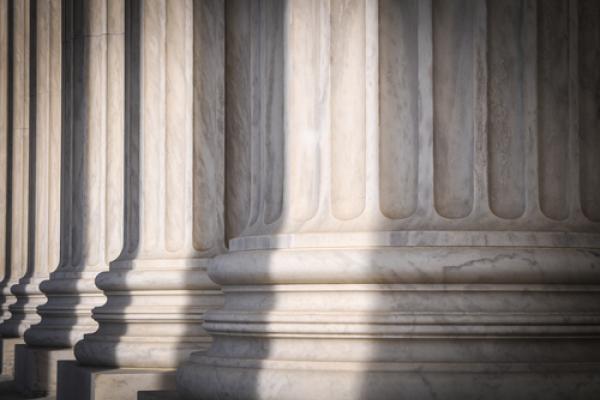Yesterday, the Supreme Court struck down a law that limited the amount of money that an individual can contribute to political campaigns in a two-year election cycle, while upholding the limit that an individual can give to a single campaign in the same period. Previously, the law limited total individual contributions to all political campaigns to $48,600, while capping individual donations to a single campaign at $2,600.
The bottom line of yesterday's McCutcheon v. Federal Election Commission ruling is that there will be more money in politics, as the Court doubles down on the controversial 2010 Citizens United v. Federal Election Commission ruling that allowed unlimited, anonymous expenditures by outside groups on election activities. Those with resources can now contribute up to $2,600 in all 435 congressional districts, more than 30 Senate races, and the presidential election, while at the same time giving millions more to Super PACs in support of these candidates.
The ruling will give more influence to corporate and labor lobbyists whose groups contribute to political campaigns. It is still illegal to give a donation that explicitly requests a legislative action in return for the contribution. But while politicians spend hours every week making phone calls soliciting contributions, they aren’t likely to forget who is funding their political future. When they hang up the phone and meet a lobbyist in their office whose group is funding their campaign, there is an unspoken understanding that the politician will be more open to the idea that lobbyist is presenting.
Read the Full Article

